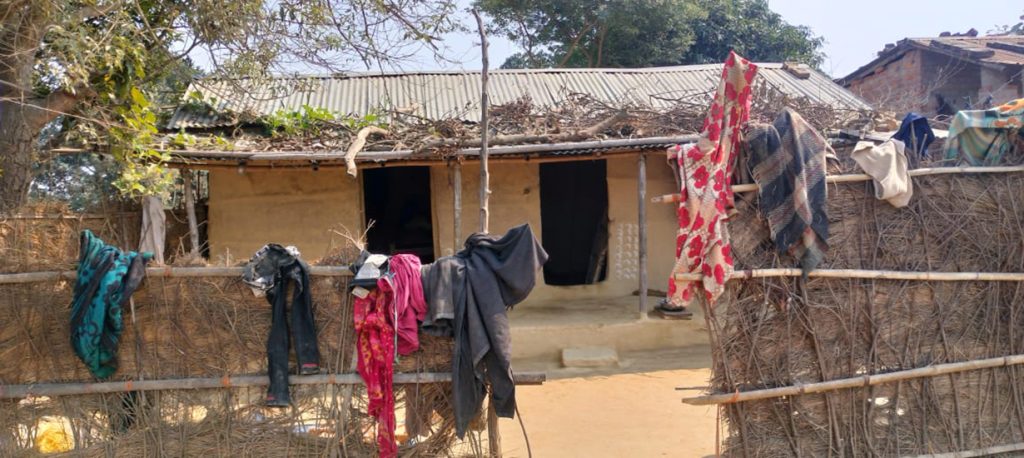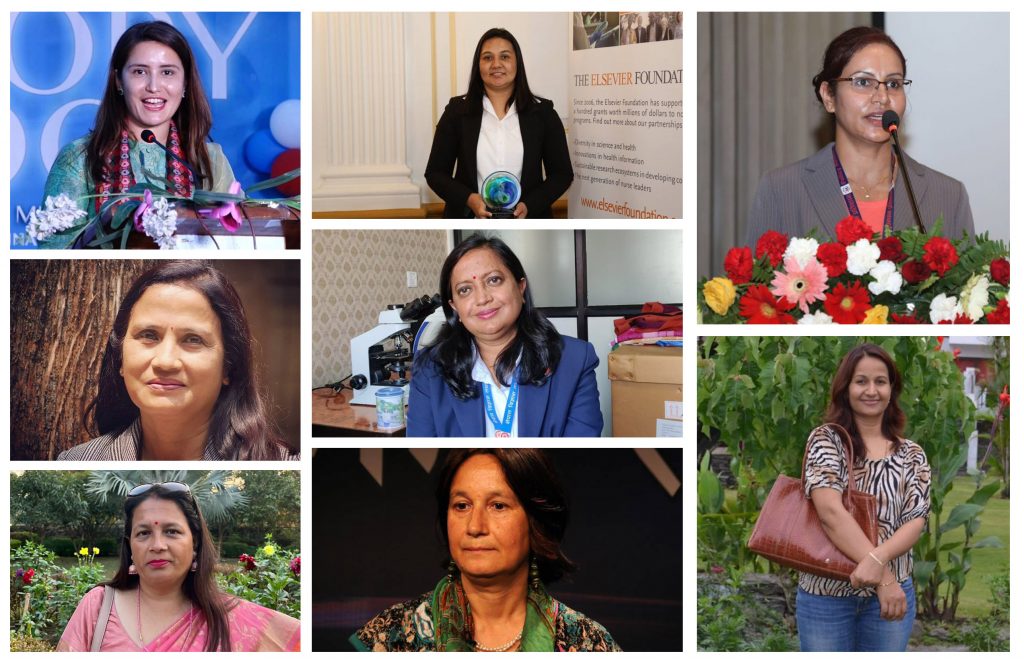
With the present and future of women tethered to someone else’s income, it’s disheartening that even today, majority of women aren’t financially independent. The continued perception is that they are better caretakers and should exist as an attendant in a family. Furthermore, they are expected to work unpaid tirelessly for their families and still remain invisible in terms of ownership of property and financial decision-making.
Economic empowerment of women isn’t just a financial issue, rather it’s a matter of dignity. As rightly pointed out in Women’s ownership of property, it is only the person who owns the property that has the right over his/her property, whether to sell it, mortgage it, let others use it or use it in any other way,. We can’t yet say, women have the ownership of property in Nepal because 74.6 percent of women in the family do not own any real estate and just 11.8 percent of families have both house and land in the name of women as per 2021 census.
These facts are alarming, despite the provision of 25-50 percent tax exemption on land registration and constitutional right to equality on ancestral property; to reflect that property rights of woman aren’t understood. While, it is yet to be recognised that financial independence isn’t just the luxury but the heart of women empowerment, it’s consequential that women reflect on, and exercise the constitutional rights guaranteed. It is equally crucial that women’s right to property be recognised with a dignity and not as a
matter of favour.
Roadblocks of financial independence
While we can’t deny that several women and girls are restricted from the opportunities of being self-reliant, there are equally others, who, with a slight shift in perspective and attempt, could smash such deprivation but are seen adapting to patriarchy, societal conditions, familial responsibilities and marital hurdles. Despite being overwhelmed with the burden of reproductive role and financially reliant to the earning of male heads, many of them proudly express that their family is well off, kids won’t do well without a mother or because they have in laws to take care of or simply because their partner is a provider.
These answers to fit in the frame of perfect homemaker are the pressing concerns adding more blocks into the skyscrapers of patriarchy and women ill-powerment, keeping gender balanced society at a distant.
The silent patriarchy
I grew up watching my mother as a homemaker and father in government job. My mother was confident, educated and outspoken enough to work and earn for herself. Despite that, she could never start and even today, I see her lamenting over this. I sense it quite often that her life would have been meaningful at least to her, had she started then. My father was a fierce advocate of girl’s education. He encouraged me and my sister to lead the financially independent life. We never felt the patriarchal dominance, however, I trusted his judgement and agreed quietly when he decided to get me married. Financial independence which he envisioned of his daughter was a long way to go as I hadn’t even completed my
study then.
Reflecting back, I find myself to have been very prudent, who handled multiple adversities of being into the marriage but stayed focused to be self-reliant. Everybody who endeavored to complete their study after espousing in joint family will certainly discern the challenges of maintaining emotional health, the endurance, and energy required to take joint family and study simultaneously.
Numerous men advocate for feminism but patriarchy continues to be a hindrance. While women excel as homemakers, the decision making at all spheres are mostly taken by men. Job interviews for them continues to inquire about their marriage and baby plans rather than their professional capabilities; and women rights are such that men envy of but vulnerability of women is intensifying.
The gendered divide
Nepal is no exception to the fact that women are underrepresented globally in economic sector. Nepal Institute of policy research report on Women’s Economic Participation in Nepal: Insights from Nepal’s 2021 Census highlights that females make up less than one- third of government jobs despite reservation, whereas huge portion (77.4%) were found to be involved in family care. Likewise, 87.4% of females who were not economically active during the 12 months preceding the survey, cited household chores as the main reason.
Global Gender Gap Report 2024 reveals, it will take another 134 years to close global gender gap and World Economic Forum (2021) report exposes that it will take 268 years to close the economic gender gap . UN Women, 2024 report unveils that not a single indicator under Goal 5 – Gender equality and women empowerment has been fully achieved. The gaps that these reports have shown are not because women are incapable but because of the entrenched discriminatory practices that constrains women’s opportunities and access to resources. Very often such practices are normalised and women give up easily against men, already equipped by the societal armors. Men rarely realise there’s no harm in sharing caretaking responsibility and menial chores between partners and would not want to compromise over the privilege of being a husband in the patriarchal structure. While women are crushed off in the dual responsibility, many of them surrender to this biased system because fighting seems exhausting.
It’s crucial to understand that the economic independence not only paves the way for personal freedom, but is the prerequisite for achieving gender equality and inspiring future generations to value their independence. Be that breaking stereotypes or bolstering women to earn or take charge of their finances, any such action would bring closer to a balanced society. The systems that have kept women subjugated for generations needs dismantling.
Our urge for every woman should be to step into the opportunities of income-generation
for themselves because the empowerment that financial independence provides is immense, the status achieved through hard work is rewarding and the confidence gained working alongside men will perhaps enable women to challenge the need for reservation soon.


















